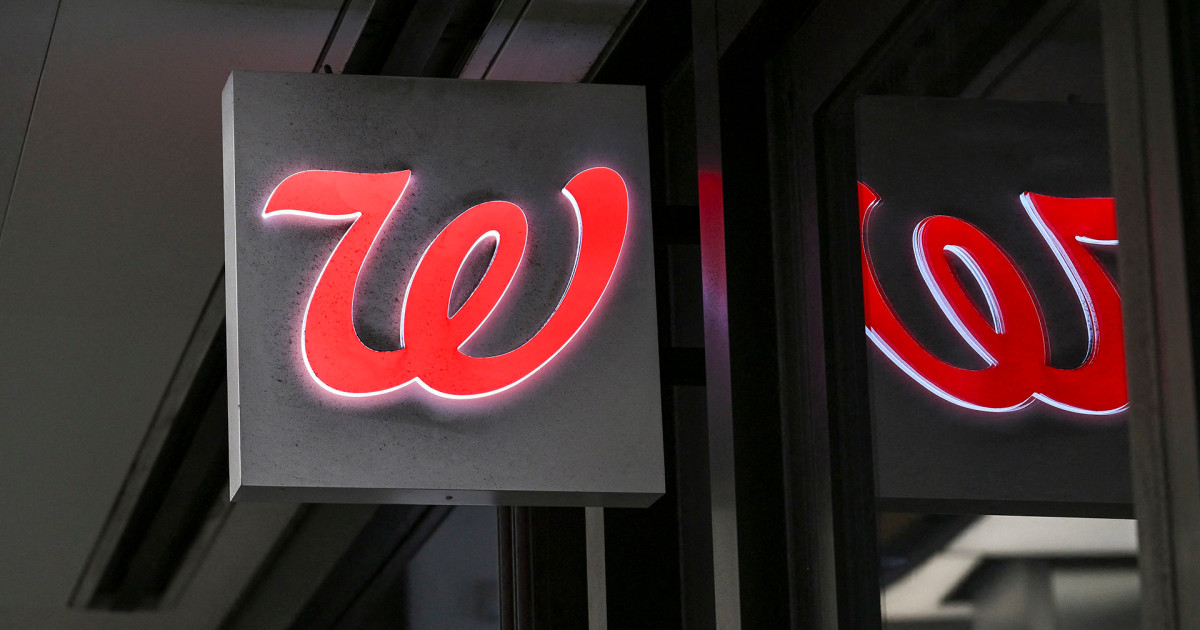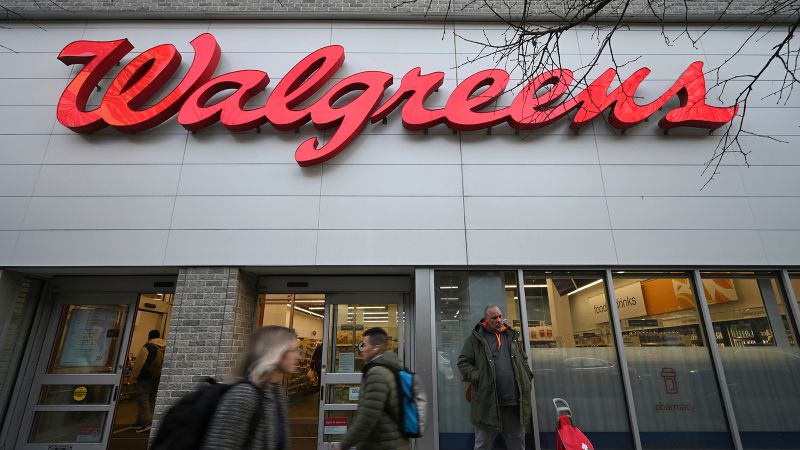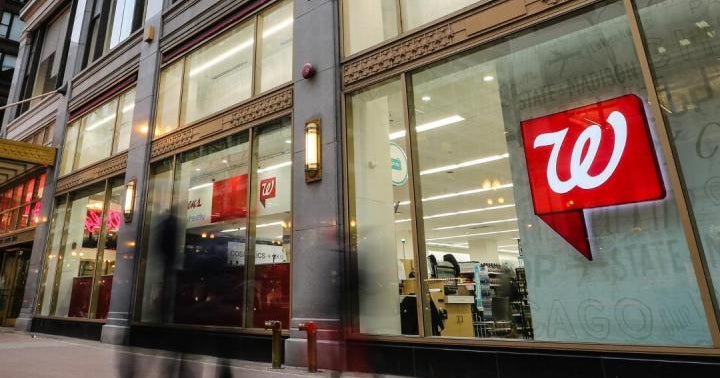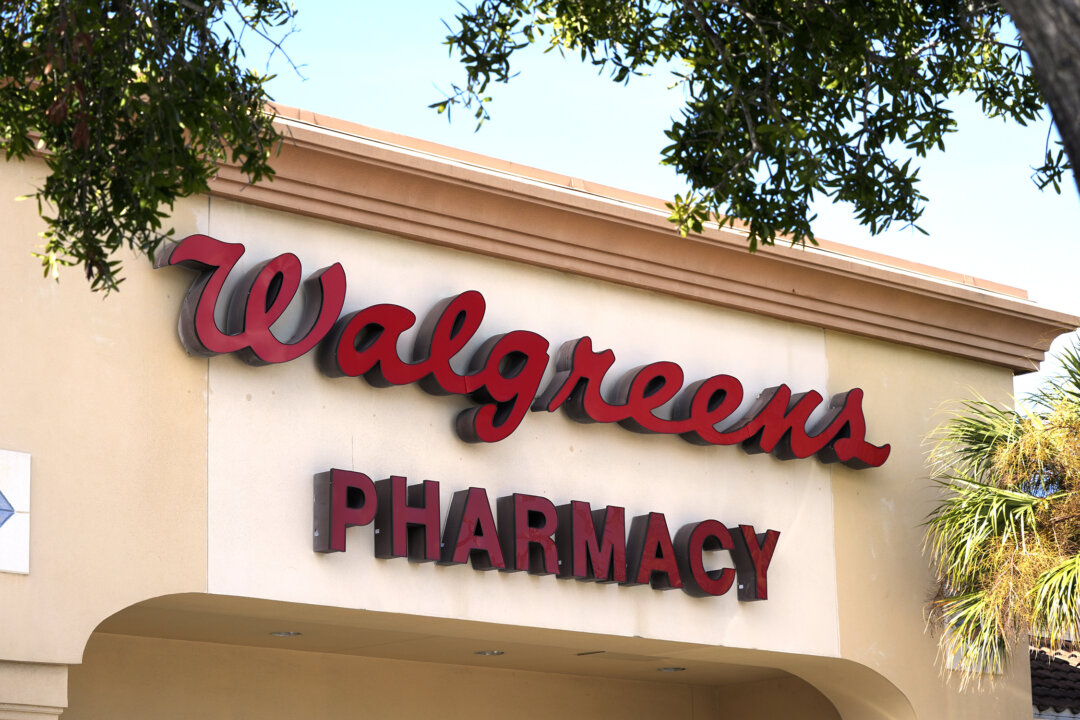Walgreens Agrees to $350 Million Opioid Settlement with DOJ Amid Ongoing Accountability Measures
Walgreens settles opioid prescription claims for $350 million, denying wrongdoing while agreeing to substantial compliance improvements to address the opioid crisis.
Overview
Walgreens has settled with the DOJ for up to $350 million, accused of unlawfully filling millions of opioid prescriptions from 2012 to 2023. The settlement includes a $300 million payment and an additional $50 million if sold before 2032, with annual interest. Walgreens denies wrongdoing but aims to close all opioid-related litigation while focusing on its financial turnaround. The DOJ's complaint highlights Walgreens' negligence in monitoring prescription validity. The settlement includes agreements for enhanced training and compliance measures. This action coincides with broader efforts against the opioid crisis, which has resulted in over 727,000 overdose deaths since 1999.
Content generated by AI—learn more or report issue.

Get both sides in 5 minutes with our daily newsletter.
Analysis
- Walgreens has agreed to pay up to $350 million in a settlement with the U.S. Department of Justice, acknowledging wrongdoing in filling illegal prescriptions while maintaining a stance of no liability.
- The settlement stipulates compliance reforms including enhanced training for pharmacists and improved monitoring of controlled substance prescriptions, aiming to clarify Walgreens' responsibilities moving forward.
- This settlement adds to Walgreens' financial liabilities related to the opioid crisis, following prior agreements totaling billions with various state and local governments.
Articles (8)
Center (5)
FAQ
Walgreens was accused of illegally filling millions of invalid opioid prescriptions from 2012 to 2023, including filling prescriptions for opioids too early, in excess quantities, and dispensing a drug combination commonly abused. The DOJ alleged Walgreens pharmacists ignored red flags and were pressured to fill prescriptions quickly without confirming their legitimacy, and that Walgreens sought payment for these invalid prescriptions through Medicare and federal programs, violating the False Claims Act.
The settlement requires Walgreens to pay at least $300 million, with an additional $50 million if the company is sold, merged, or transferred before fiscal year 2032, plus annual interest. Walgreens denies wrongdoing but agreed to the settlement to close all opioid-related litigation and to implement enhanced training and compliance measures to address the opioid crisis.
Walgreens strongly disagrees with the government's legal theory and admits no liability but sees the resolution as a way to close all opioid-related litigation with federal, state, and local governments. The company views the settlement as providing favorable cash flow terms while focusing on its financial turnaround amid store closures and market pressures.
As part of the settlement, Walgreens agreed to implement enhanced training and compliance measures aimed at better monitoring and verifying opioid prescriptions to prevent unlawful dispensing in the future, although specific program details were not disclosed.
The settlement aligns with ongoing nationwide efforts to hold companies accountable for their roles in the opioid epidemic, which has caused over 727,000 overdose deaths since 1999. It reflects a pattern of legal actions aimed at enforcing stricter controls on opioid dispensing to reduce misuse and overdose fatalities.
History
- 2M

 3 articles
3 articles






